NEWS
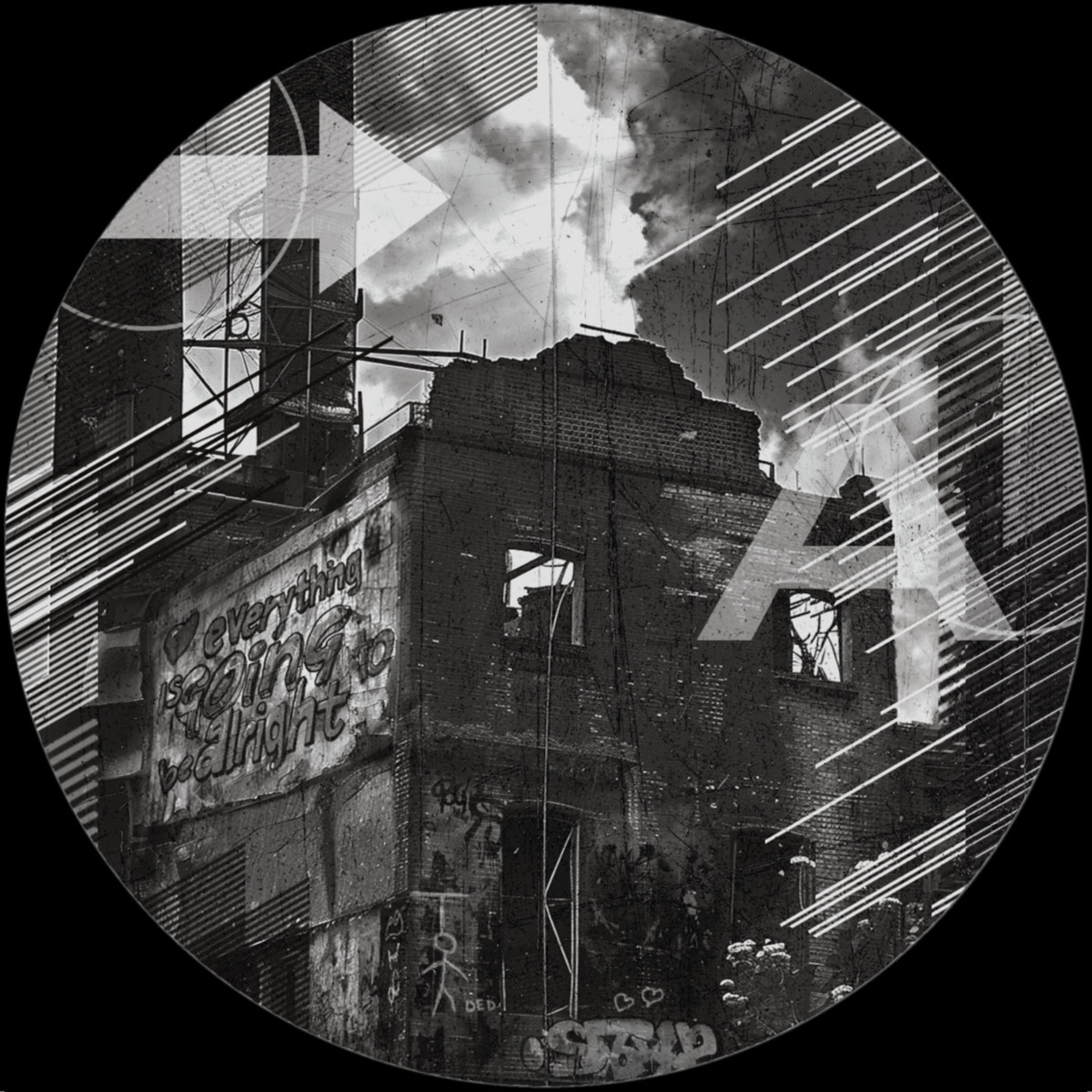
NEWS: In this section you find all the new releases - whether music or print - as they come out and/or are being listed in the shop.
This can include major re-stocks as well as older titles and second hand records or books. New titles are being added on a near-daily basis.
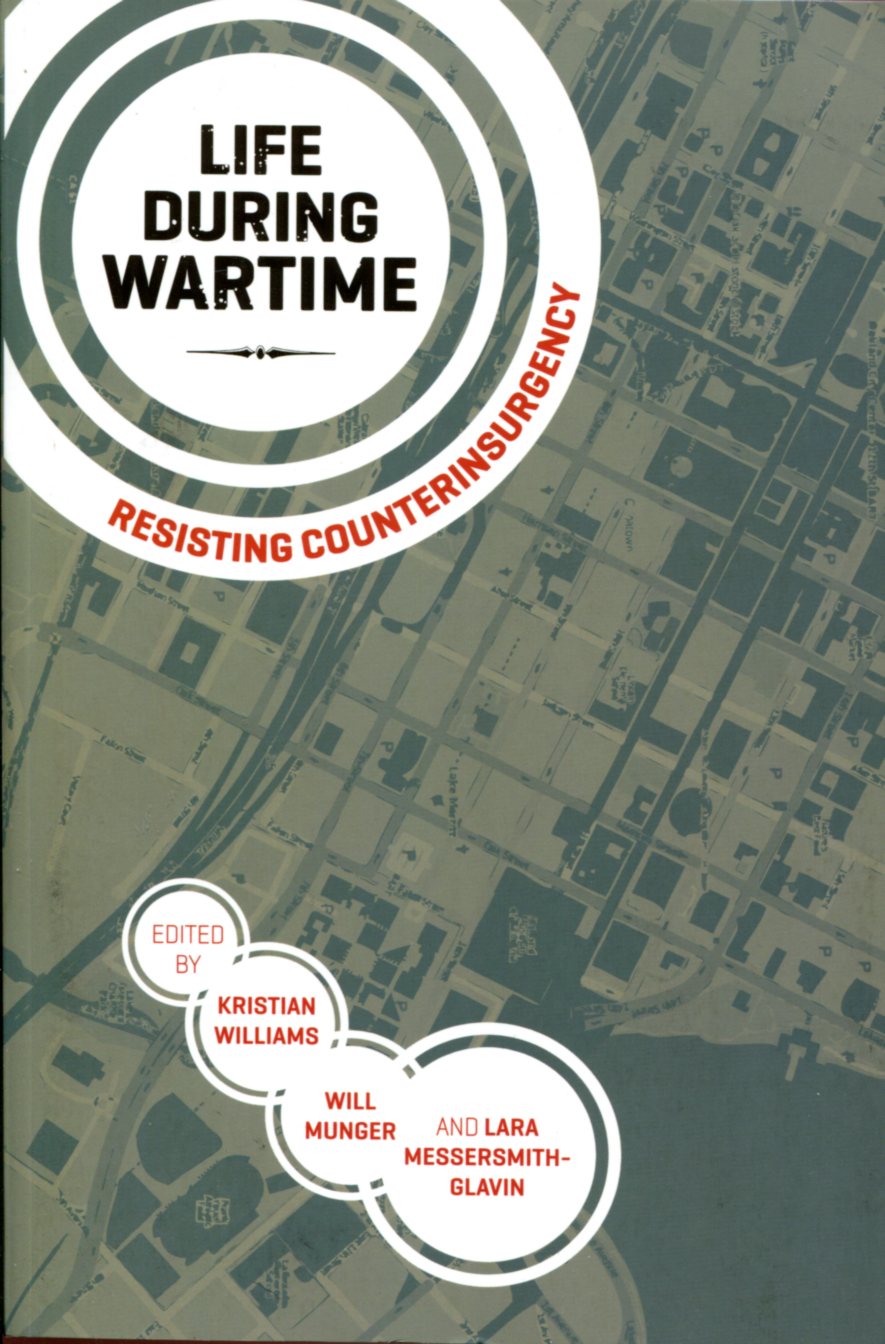
Kristian Williams is the author of Our Enemies in Blue: Police and Power in America,American Methods: Torture and the Logic of Domination, Confrontations: Selected Journalism, and Hurt: Notes on Torture in a Modern Democracy. Lara Messersmith-Glavinis the founder and managing editor of the non-fiction journal Alltopia, and on the board of directors for the Institute for Anarchist Studies. Will Munger was the main organizer of the Counter-Counterinsurgency Convergence in April 2011. "Together, the writers sound a sobering warning: the American government is an iron fist in a velvet glove whose purpose remains preserving the status quo and enriching the rich."—Publishers Weekly

Heavy bass and grinding rhythms on this first installment of Prole Sector, a collection of 4 dark tracks from the mind of... no, we won't tell you. Some of these tracks have circulated on dubs for several years and garnered a certain cult status being spun by a select number of DJ's. Others have been written recently for the vinyl release. Now they are unleashed on the world on shining red vinyl, accompanied by a poster and download code. 300 copies have been pressed and are ready to ship. We're very happy to have these out and hope you will love them too. SMALL RESTOCK. This record was previously sold out, but we got about 10 copies returned from a distributor. They have a little bit of shelf wear, but vinyl is mint. Comes with original poster, but no download code. Let us know if you want one when buying. If you prefer, you may also just get the files (FLAC or MP3) via our bandcamp site by using the buy button of the player below. <iframe style="border: 0; width: 100%; height: 120px;" src="https://bandcamp.com/EmbeddedPlayer/album=3317432450/size=large/bgcol=333333/linkcol=e32c14/tracklist=false/artwork=small/transparent=true/" seamless><a href="http://praxisrecords.bandcamp.com/album/prole-sector-n1-praxis-52">Prole Sector N1 (Praxis 52) by Prole Sector</a></iframe>

etwas zerlesener zustand
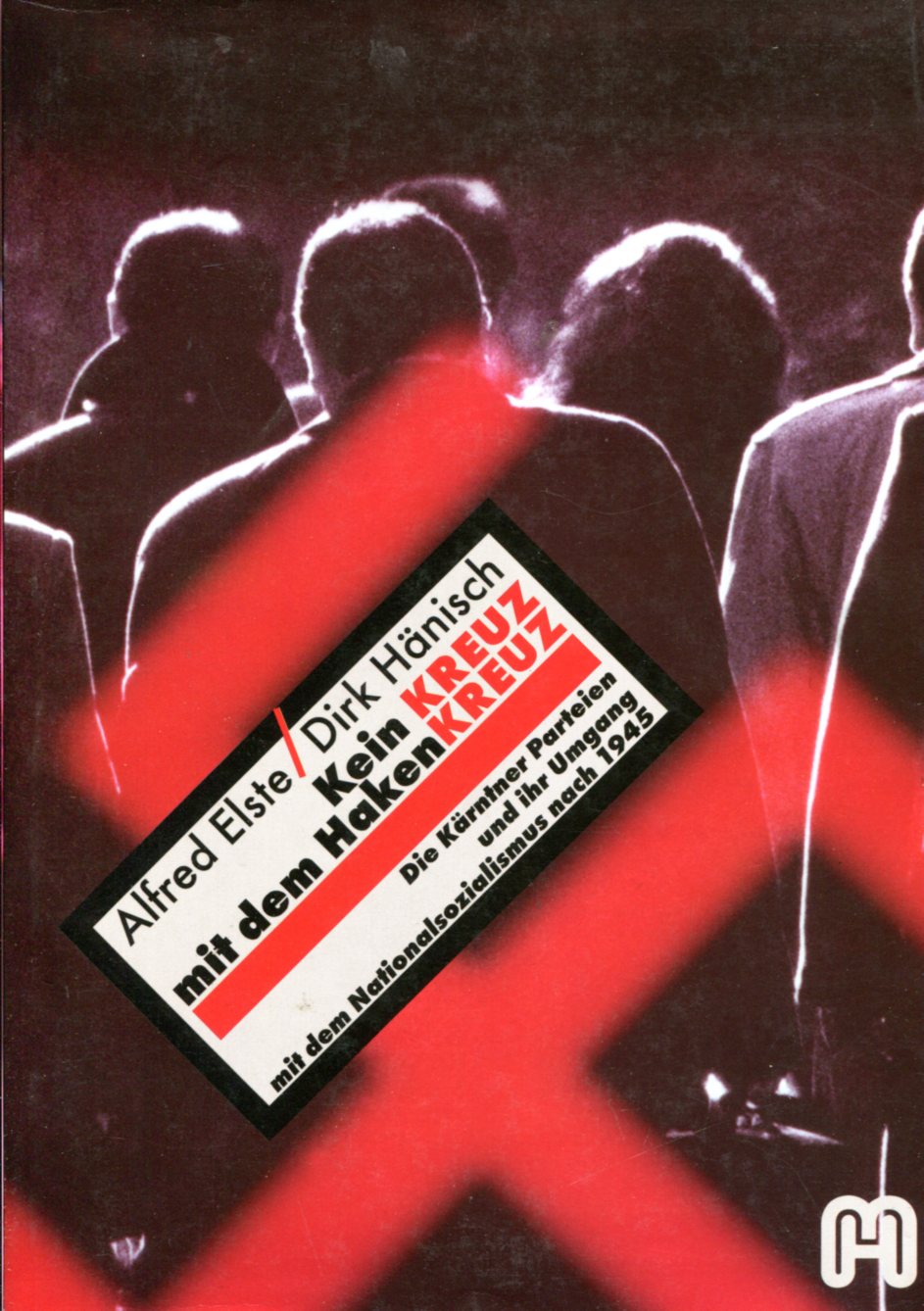
Sehr guter Zustand

Homage to Saoulaterre from El Gusano Rojo, Dan Hekate, Nomex, and Metatron. The fifth release on Hijos de Puta with a beautiful magical drawing by Élise Gérrard, artwork by Lwik Abroyeur, on marbled transparent green 180g vinyl.

Yet again a great installment from the Weevil Neighborhood, four tracks of minimal noise: Limited edition. Marbled vinyl.

Datacide Nine appeared in spring 2006. This first reprint of an earlier issue features the complete text of the original edition, but has been newly laid out and arranged. The original editorial (opposite page) is followed by the main features, while the scene reports were moved to the back of the issue. We’re happy to have this long deleted issue back in print; it features some of the most read articles on the datacide web site that are still relevant and of interest today. The original editorial reflects the particular historical situation in which the issue originally appeared: The repression against Teknivals as well as the particular (wider) political situations, while technological developments and economic problems are covered in passing. Out of the ensuing crisis of the already completely marginalized counter culture developed the desire to start something new, and we announced that Datacide Ten would be the last issue. This has of course not been the case. Instead, we felt re-invigorated enough after the 2008 issue of Datacide Ten and the accompanying conference to keep going, and the last few years have seen a consolidation of our release schedule and an expansion in size and content.October 12, 2013 saw the release of the new issue, number Thirteen, and yet again it is the biggest issue so far. There was an event with talks, concerts and party in Berlin on that day. We were present at the Anarchist Bookfair in London on October 19. The next day we did a small launch event in London. Datacide was presented for the first time in the U.S. with a soliparty on November 15 and a conference on November 17. Datacide tabled at the Los Angeles Eastside Zine Market on December 8, and the Art Book Fair from January 30-February 3, 2014. Rather than trying to increase the frequency of Datacide, we would like to complement it with additional books and pamphlets.Please consider taking out a subscription to help us achieve these aims! PRICE INCLUDES WORLDWIDE SHIPPING! IN STOCK NOW! table of contentsfeatures page 4.......Howard Slater: Lotta Continua - Roots Music and the Politics of Production page 8.......Matthew Hyland: Say Fear is a Man’s Best Friend - You Add it up, it Brings You Down page 10.....Christoph Fringeli: Anti-Imperialism - Bankruptcy of the Left? page 12....(Anonymous): You Must Help Yourself - Neo-Liberal Geographies and Worker Insurgency in Osaka page 16.....Christoph Fringeli: The Brain of Ulrike Meinhofbook reviews page 18.....Stewart Home: The Eclipse and Re-Emergence of the Bildungsroman page 19.....Christoph Fringeli: Michael Steffen: Geschichten vom Trüffelschwein page 20.....Christoph Fringeli: Breggin/Cohen: Your Drug May Be Your Problemmusic page 22.....Interview with John Balance of Coil from 1986 page 27.....Christoph Fringeli: Anti-Semitism from Beyond the Grave - Muslimgauze’s Jihad fiction page 28.....Secessionist Outernational to Ourganisation - 1st May in December page 30.....Matthew Fuller: Interview with a Photocopier page 31.....The Wirebug: The End page 32.....Record Reviews page 38.....Scene Reports from Berlin, Israel, Los Angeles, Italy, Brazil page 39.....Terry Ordo and accomplices: Tek it Up - Report from Czech Tek 2005 page 42.....The Lives and Times of Bloor Schleppy (9) page 43.....DJ Charts

342 | Protestbewegung in der Türkei Befreiend Die massenhaften Proteste während des Sommers 2013 in der Türkei offenbarten es: In erheblichen Teilen der Bevölkerung hat sich enormer Unmut über die konservativ-islamische AKP und die von ihr verursachte soziale, kulturelle und ökonomische Misere angestaut. Istanbul erlangte damals innerhalb weniger Tage weltweite Berühmtheit als „City of Resistance“. Gezi war die Initialzündung, doch die daraus hervorgegangene Bewegung war landesweit, und sie erfasste erhebliche Teile der jungen Generation. Die Proteste wurden von JournalistInnen und AktivistInnen als Zäsur eingeschätzt. Einerseits fand eine Bewusstseins-revolution statt, bei der über politische Institutionen hinaus gegen verkrustete Strukturen aufbegehrt wurde. Andererseits ist die Gezi-Bewegung auf der realpolitischen Ebene vorerst gescheitert. Erdogan und die AKP sind weiter an der Regierung. Doch die daraus resultierenden schmerzhaften Niederlagen der Bewegung sind nur ein Teil der Geschichte, die in der Türkei derzeit gemacht wird. Unser Themen-schwerpunkt fragt nach den Hintergründen der Proteste, ihrer historischen Bedeutung und der Zukunft dieser heterogenen Bewegung. Inhaltsübersicht Beiträge im Themenschwerpunkt Editorial zum Themenschwerpunkt Das Rad ist im Rollen. Die Gezi-Bewegung hat die Türkei nachhaltig verändertvon Jan Keetman Einen Tee für alle bitte. Warum die Gezi-Protestbewegung überfällig warvon Gül Keetman »Leiste Widerstand mit Hartnäckigkeit«. Feministische Slogans prägten den Widerstandvon Tuğçe Ellialtı »Das F-Wort wurde verflucht«.Interview mit İnci Özkan Kerestecioğlu über türkischen Feminismus und die Gezi-Proteste »Hier bin ich, Darling«. Die LGBT-Szene vertritt ihre Ziele als Teil der Protestbewegungvon Canset Icpinar Vom Aufstand zur Palastrevolution. Der Machtkampf zwischen AKP-Regierung und Gülen-Netzwerkvon Errol Babacan »Ich entschuldige mich«.Interview mit Levent Sensever und Gonca Sahin über den Genozid an den ArmenierInnen und die Gezi-Proteste Und die Gewerkschaften? Widerstand gegen Islamismus und Neoliberalismusvon Axel Gehring »Jetzt diskutiere ich«. Die Kulturschaffenden sind wichtiger Teil der Protestbewegungvon Sabine Küper-Busch Weitere Themen im Heft: Editorial Politik und Ökonomie: Senegal: Einfach ist das nicht. AktivistInnen kämpfen gegen die verbreitete Homophobievon Martina Backes Ghana I: »Halb arm, halb reich«. Erfolgreich, aber die Armut besteht fortvon Maria Tekülve Ghana II: Röhrenfernseher für Afrika. Europas Elektroschrott wird oft illegal entsorgtvon Ines Zanella Burkina Faso: »Landwirtschaft gilt als aussichtslose Arbeit«.Interview mit Inoussa Maiga über die Herausforderungen kleinbäuerlicher Landwirtschaft Südsudan: »Dahinter steht der Tribalismus«. Ethnische Politik im Südsudanvon Ulrike Schultz Honduras: Vom Putsch zur »grünen« Diktatur. Indigene wehren sich gegen den Ausverkauf des Landesvon Kirstin Büttner und Daniela Dreißig Hispaniola: Achtzig Jahre auf Durchreise. Die Dominikanische Republik entzieht Staatsbürgerschaftenvon Tobias Schwarz Kultur und Debatte: Debatte: Zusammenarbeit mit Gotteskriegern? Replik auf René Wildangels Verteidigung der NGO-Arbeit in Palästinavon Remko Leemhuis Islamdebatte: Die Schatten verscheuchen. Boualem Sansal ruft zu einer neuen Debatte über Islam und Islamismus aufvon Matthias Küntzel Nachruf: Wider den autoritären Populismus. Mit Stuart Hall verliert die antirassistische Linke einen bedeutenden Intellektuellenvon Kolja Lindner Rezensionen

The latest 5-tracker from Pushy on Kiosk is characterized by footwork and juke experiments. Check out the snippets in our player! One corner got slighly bent in transport...

Schutzumschlag mit deutlichen Gebrauchsspuren, innen gut.
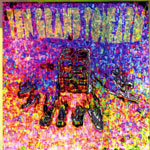
Tracklist A1 –RLW Rattenwuerger Double Bass – Johannes G. Fritsch 4:50 A2 –Castings Mush March Waltz 4:10 A3 –Rahdunes Untitled 3:00 A4 –Cygnus (3) Untitled 1:46 A5 –xNoBBQx Excerpt 4:52 A6 –Loachfillet Monoculture 1:00 A7 –Marco Fusinato You Can't Blow Up A Social Relationship 0:47 A8 –Sun Of The Seventh Sister Live At Now Now '07 3:11 B1 –Vitamin B12 Understand 2 0:48 B2 –Mark Harwood (2) Untitled 6:26 B3 –Werewolf Jerusalem Asleep With Diseases 2:30 B4 –Misty Lavender Doughnuts Of Shame Bellend 2:28 B5 –Arse Lunch Live At Winter Tragic 2007 5:07 B6 –Pigs In The Ground Buried Alive In A Soiled Casket 5:22 B7 –William De Cunting Don't Just Stand There Immigrant 0:53

Of all living composers, Dumitrescu is the one who has most exploded sound. Dumitrescu’s work is a negation, from the depths, of everything in contemporary music symptomatic of distraction, of banalisation, and of a radical loss of purpose. His music is not a new convolution in the knot of modern music, but an unravelling of the curse.Tim Hodgkinson As a creator of radical music that breaks convention, riding on the edge of the classical avant garde onto realms more closely associated with the likes of Nurse With Wound or The Hafler Trio, Iancu Dumitrescu has the talent to lure you in, mystify and startle with unnerving ferocity.Alan Freeman ContentsBen Watson: Why The AMM Says ‘Listen to Dumitrescu!’ 1Ben Watson: Spectrum Festival Preview 3Ronsen, Peyret, Leroy: Iancu Dumitrescu - Acousmatic Provoker 7Ben Watson: Statement at Conway Hall, Spectrum 2008 38In Resonance with Iancu Dumitrescu and Ana-Maria Avram 39Out to Lunch: Our Kinetic Kynicism Knows No Bounds 84Iancu Dumitrescu: On the Inside Looking In 87Tim Hodgkinson Interviews Iancu Dumitrescu 95Tim Hodgkinson: A Note on Phenomenology 107Costin Cazaban: An Adventure in Experimental Music 109Eugene Thacker: Pulse Demons (extract) 125Andy Wilson and Ben Watson: The Music of Iancu Dumitrescu 131Ben Watson: Spectral Music at the Beginning of the 21st Century 159Guillaume Ollendorff: At the Heart of Chaos 163Guillaume Ollendorff: The Society of the Spectrum 171Tim Hodgkinson: The Tasks of the Composer 193Iancu Dumitrescu: Reply to Tim Hodgkinson 207Tim Hodgkinson: Reply to Iancu Dumitrescu 213Ryan Kirk: Interviews Dumitrescu 215Ana-Maria Avram: Composer From Bucharest, Romania 237Iancu Dumitrescu: Biographical Notes 245Iancu Dumitrescu: Catalogue of Works 253Pressbook 263Discography 285Related Recordings 359Index 369

Robert Dellar’s reminiscences impart a strange, unwholesome joy, like smoking a cig dipped in popper juice. The only response to the atrocious farce of modern life has to be this savage laughter.Out to Lunch In this incendiary slice of under-the-radar British social history we meet everyone from Ronnie Corbett to a Broadmoor inmate whose index offence was the subject of a D-Notice. Robert Dellar’s anti-authoritarian and take-no-prisoners spirit of mischief makes it possible for readers of every persuasion to find something to offend their sensibilities.Simon Morris (Ceramic Hobs)
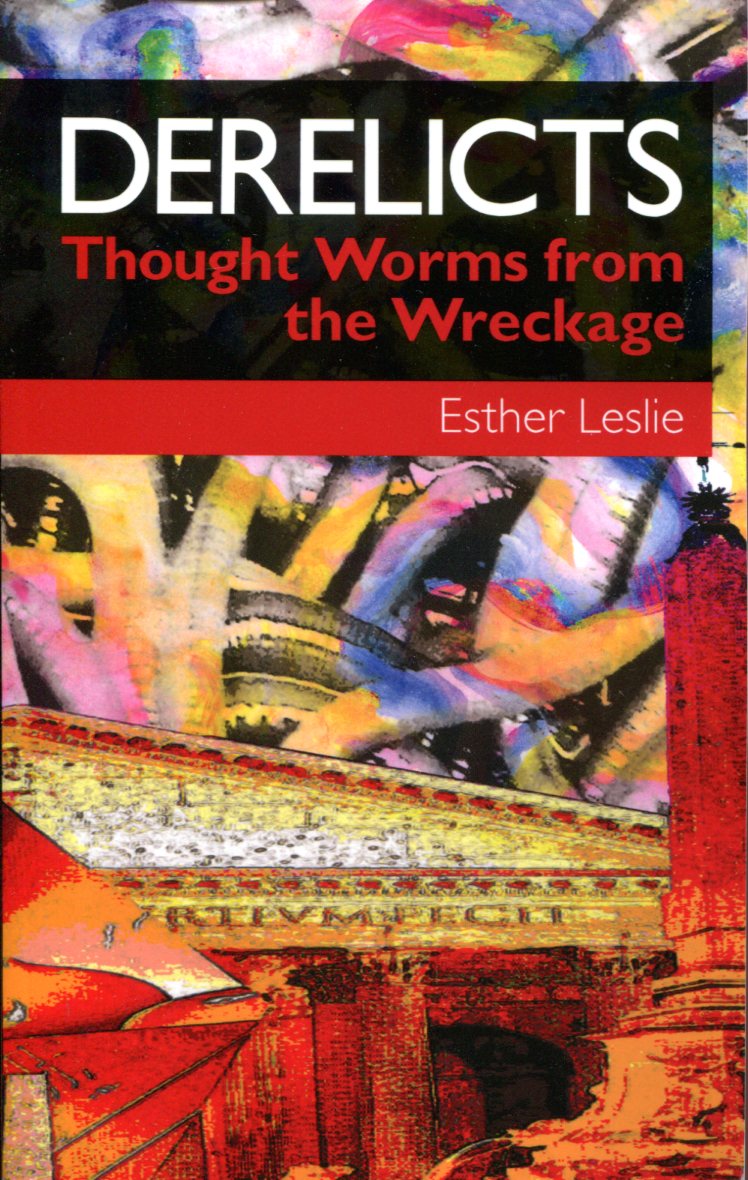
Philosophy and art with the imagination to actually change the world: this is the unfinished dream of history and the heart of the revolutionary modernism of the early 20th century, which globalised war and exploitation managed indefinitely to defer. Esther Leslie reopens the cold case on filmmakers, artists, thinkers and other animals, exiled or otherwise Disneyfied, and finds still-warm fertile ground for a wild future as yet unfulfilled. From ideal homes with traces erased to utopian rivers drawn back to their source, the alienated subject of history discerns its rightful place in the present tense, with no room for buts or half-measures. The derelicts of history find new life beyond commodified thought: would that the same could be said for all their readers..
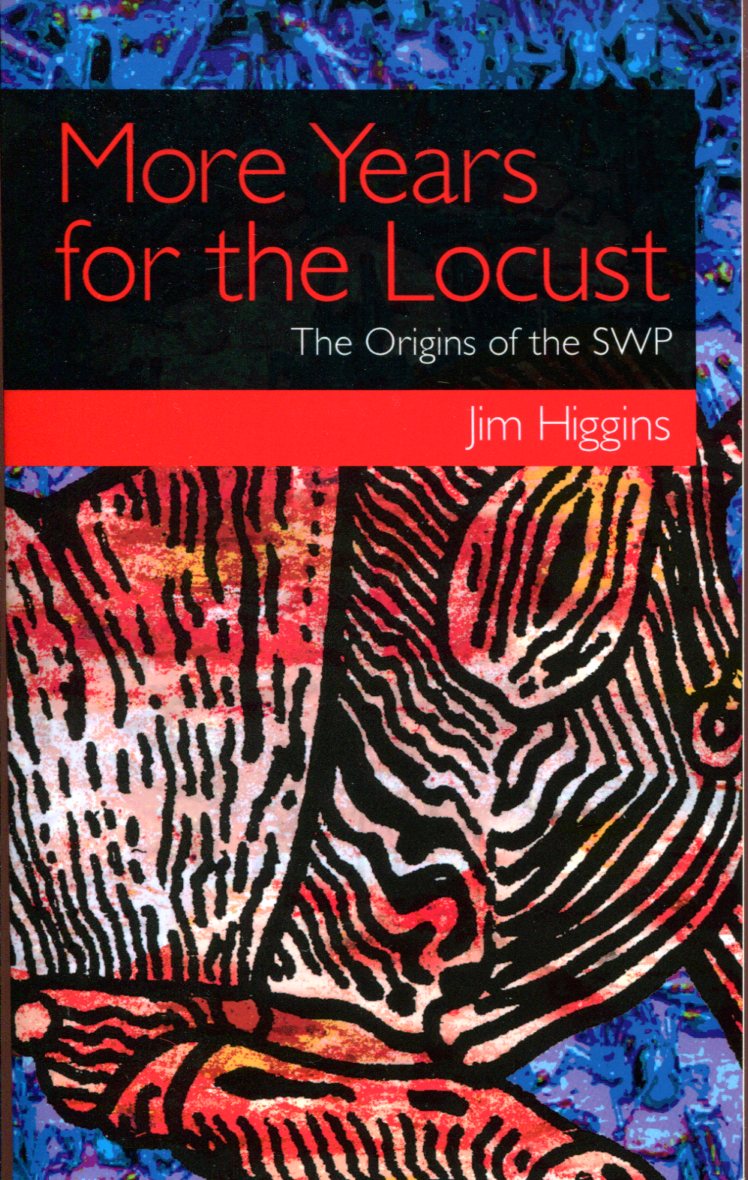
First published by the IS Group (90s forerunners of the AMM & Unkant) in 1997, More Years for the Locust is a history of the origins of the SWP written by Jim Higgins, a leading member of the Socialist Review Group and International Socialists (forerunners of the SWP), who directed the group's industrial work for many years as well as working on Socialist Worker, before forming the IS Opposition which opposed the group's turn away from its rank and file strategy in the trade unions. The book tells the story of the British Trotskyists as they emerged from the Second World War, and of how the group around Tony Cliff built a distinct tendency based on the theories of State Capitalism and the Permanent Arms Economy. Higgin's describes the development of this, the IS tendency from Cliff's early years in Palestine, through the 50s and 60s, down to the expulsion of the IS Opposition in the mid-70s, shortly before the International Socialists declared themselves a fully blown revolutionary party, the SWP. Published with a new Foreword by John Game
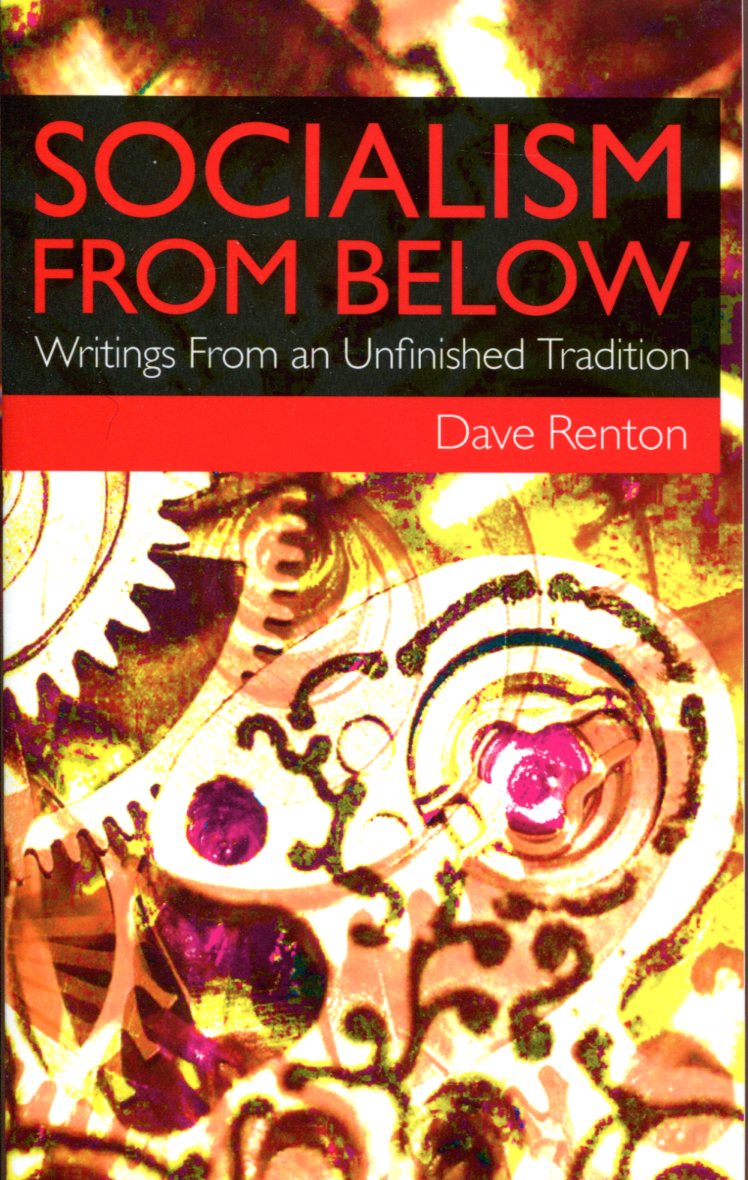
Argumentative, contentious and thought-provoking, these collected articlesinvite us to critically reconnect as a diaspora to the IS tradition – not onlyof Cliff or Harman, but also Hallas, Kidron, Sedgwick, MacIntyre, Harris,Widgery, Higgins and many others, many unsung. This is the extension of aninvitation to reconnect not as a lifeless antiquarian exercise or arrogant exclusivismbut in the spirit of the critical slogan ‘the IS tradition is dead! LongLive the IS tradition!’Jules Alford
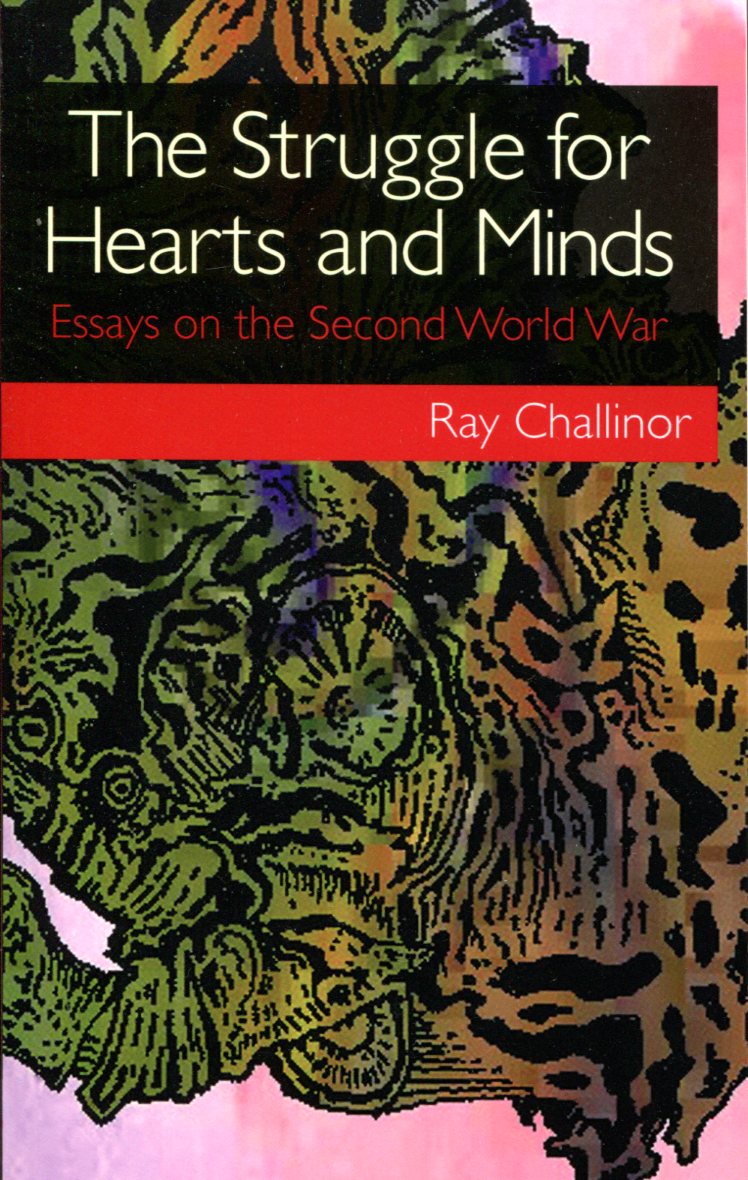
This book of essays is a shocking read, but the shocks arrive from the history itself, not sensationalist writing. We’ve been told that the Second World War was a war against evil waged by the goodhearted and true. The spectre of Hitler and Nazism is invoked every time NATO bombs are aimed at a defenceless country. In his scathing account of ruling-class fears, plans and allegiances, Ray Challinor shows how much their every move was governed by competition and self-interest – and anxieties about popular reaction. His evidence shatters the comforting national myth which has been spun around the cataclysm – and shows that people, working-class people, do not like killing each other, they had to be cajoled and manipulated into doing so.
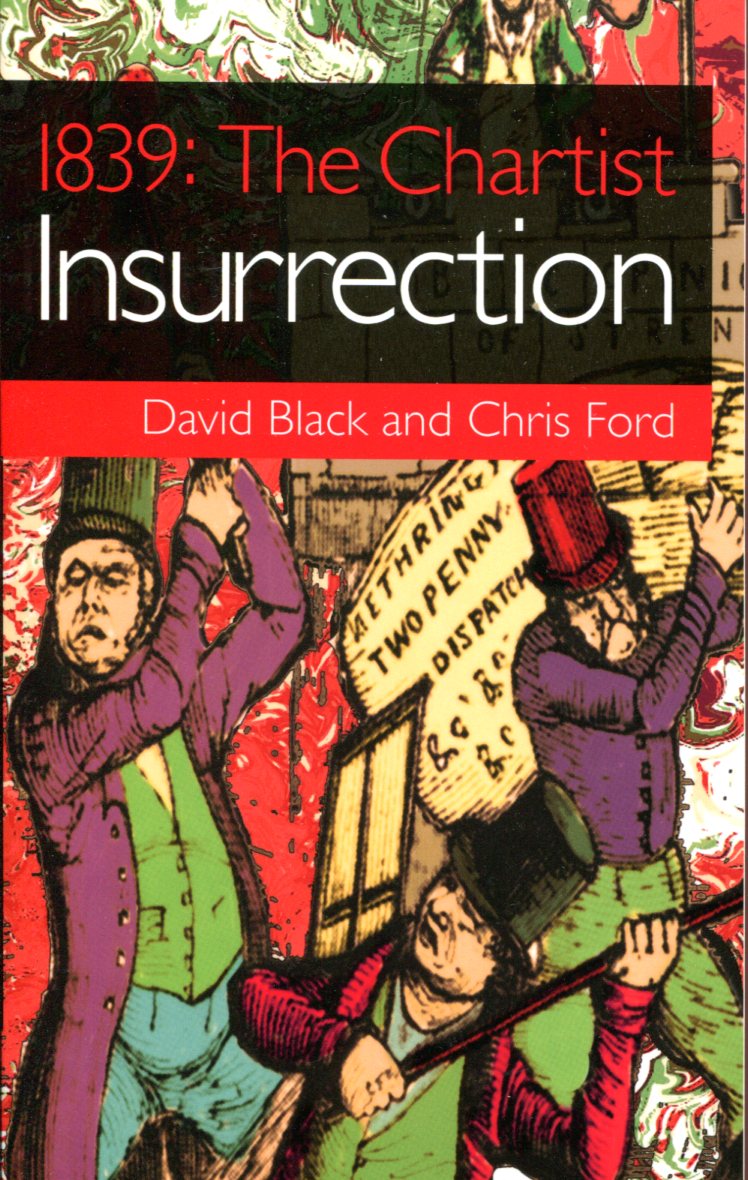
Those elements or key events in Labour movement history that have not conformed to the theory of the ineluctable evolution of the movement into a party committed to peaceful constitutional reform have been either written out of history altogether or relegated to mere historical footnotes. Often they are portrayed as deviations at best irrelevant to or, worse still, hindering the progress of effective working-class political representation. Those historical actors or movements that in Britain explored or attempted other routes to political change are generally considered condescendingly as primitives or patronisingly as naïve as soon as they ventured down the path of physical force or large scale resistance associated with Revolution rather than Reform. Consequently, in most histories of the British Labour movement the story of the Chartists has focused on the large-scale mobilisations of petitioners, the development of mass-circulation radical newspapers for working people and the promulgation of the tactic of the general strike, the ‘sacred month’ or ‘big holiday’. The Newport Uprising and other attempts to use physical, as opposed to moral force have been, if not hidden from history, then at least pretty heavily disguised. ____________________________________ With its meticulous attention to detailed sources, its comprehensive scope and its exacting research, this book doesn’t just address the neglect of this important and interesting episode in Labour movement history, but more importantly it also challenges us to think again about the revolutionary potential of the British Labour movement.By challenging the prevailing hegemony relating to the events and significance of 1839, this book assists us greatly in understanding the potential for future challenges to the system.John McDonnell MP, Foreword In retrieving the suppressed history of the Chartist insurrection, David Black and Chris Ford have written a revolutionary handbook. Without romanticism or condescension, they track the difficulties of unifying local revolts without selling out to the ‘representative politics’ favoured in the parliamentary charade. As today’s anti-capitalism faces the problem of anger without organisation, the lessons of the Chartists become crucial. Dialectics is not something to be derived from pure philosophy: by looking at the political problems of an insurgent working class, Black and Ford resurrect the true One-to-Many dialectic.Association of Musical Marxists
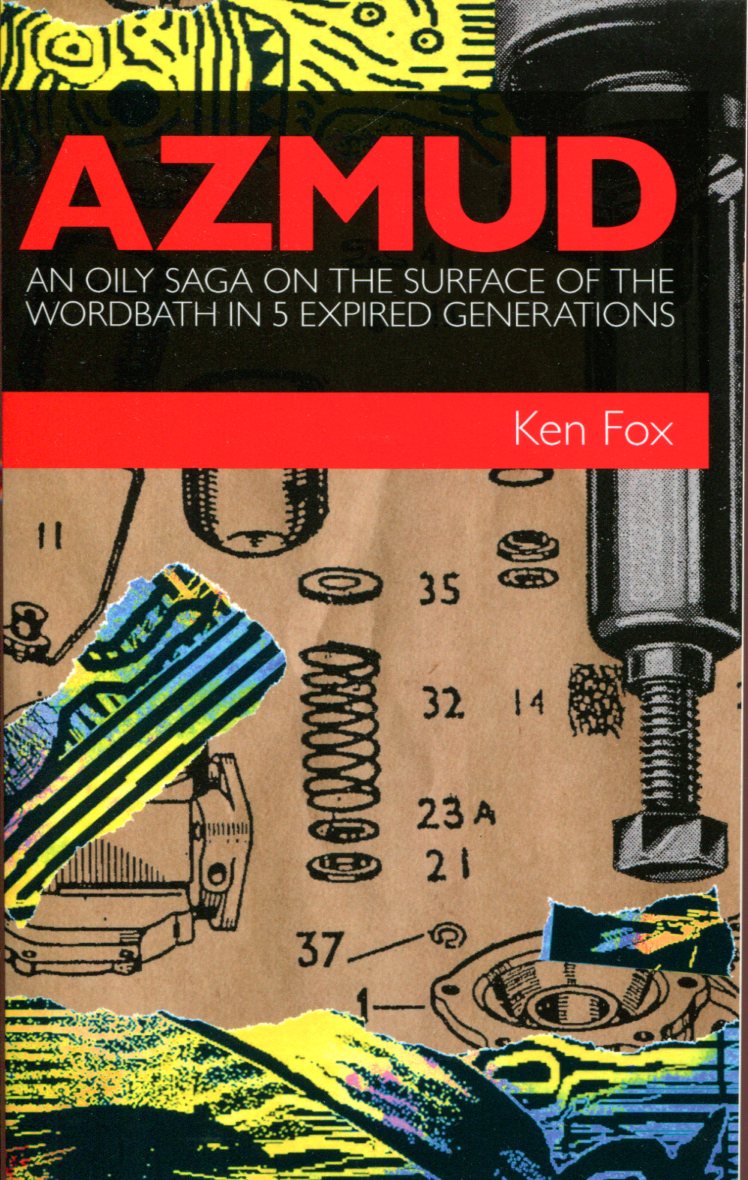
Daphne Lawless: Like many a missive from that Better-World-That-Exists-Alongside-This-One, AZMUD's very varied title is a literal route in - a Hebrew (or Arabic?) style triliteral root in ('ZM'D), which the meaning is condensed in consonants unviolated by vowels which move anywhere.IT'S MUD. In a dreamworld where commodity fetishism is reversed, capital as dead labour comes to life - the internal combustion engine, the newspaper press, the construction crane, the hydro dam rage to monomaniacal, theocidal dreamlife. The river of life flows backwards and uphill as waste products feed on themselves in a floodland that's driven apart and a crewmember on a red blood cell wonders what it's all about. A solitary I goes down the gurgler over and over again, and the life of the unicellular and famous is revealed as biochemical warfare. It's a trip, true fiction-science. _____________________________________________ Drifting in & out of sense as in an interrupted dream, Azmud is a novel contribution to literary art as political allegory. In each of its five sections - 'expired generations' - it attempts to retell the tale of the human psyche, the damage it has undergone under capitalism, in the form of a wandering work tribe searching for value in the spectacular flow of mass communication, on behalf of various severe 'generals' who demand a quota of abstract accumulation. But each of Azmud's industrial adventures in turn become allegories for the act of the text's own creation. But what happens in Azmud? Under orders, a human herd wanders thru the dense miasma of mass communication, hunting for precious ox-ore to stash in their air-ark or fuel their ancient steam engine. A vagrant crew invades the broken dreams of a drowsy industrial tycoon, stealing baskets full of his precious sleep. A homeless hoard combs thru post-industrial litter, searching for burnable rubble. A fake engineer captures a team of lost work-horses & four mammoth protozoans to help boost the energy yield of his toxic currents. A cargo ship collects a crew of stranded industrial outcasts with their precious ark full of ore & its tyrannical captain subjects them to relentless injections & many unwanted adventures. Daphne Lawless: Like many a missive from that Better-World-That-Exists-Alongside-This-One, AZMUD's very varied title is a literal route in - a Hebrew (or Arabic?) style triliteral root in ('ZM'D), which the meaning is condensed in consonants unviolated by vowels which move anywhere. IT'S MUD. In a dreamworld where commodity fetishism is reversed, capital as dead labour comes to life - the internal combustion engine, the newspaper press, the construction crane, the hydro dam rage to monomaniacal, theocidal dreamlife. The river of life flows backwards and uphill as waste products feed on themselves in a floodland that's driven apart and a crewmember on a red blood cell wonders what it's all about. A solitary I goes down the gurgler over and over again, and the life of the unicellular and famous is revealed as biochemical warfare. It's a trip, true fiction-science. More news when we have it... PRAGMANIC MONOLOG WHAT WHAT WAD is this slice of individuated sausage off the long-stock, stack on a rack unstuck from global bondage? It is I, this, frail spazum, asmud, unstuck stock. I am uncut, occult, unclear, oblique. Can walk, can walk word over word with sinking feet, frolicking, picnicking, panicking in heap. Can dream awake dread wages, can rip together digital package, sleep apart nebulous plastic creations stretched out of bituminous commune, can burn together fibrous masses, sick stock for evaluation, for flaunting at death-markets as life-song unsung but edible in ink-frame & derivable as format-transfer capital capture cumulous for custom spirit capacitor house-boat install. Camera-ready verb-files proturbing thorough over pulp wilderness, this is occultic riddle filtered thru collective commercial time-transfer. I own up. I drop name. I gather rights. I hoist possession, this oracular oral cabbage decaying. I wrought in ink village. I collect in pulp mountain. I ascend holy commode, prosperous seeking grist for hungry engine. Am absurd, as think-wad shaking. Am bonded, bound to, bounding from, rebounded to Wascana Creek, as earth transfer trickling. Am job office plunking as this, finger-linking component strapped to transfer apparatus & obliged to prime mover. Give job now. Give it wages for work. Get you southbound & go up in the mountain & see what wealth therein dwells. Enter wired caves, evade plasma network, insert yourself into the center well & ascend. What cities, what tents, what good bad trash therein? What fat seams, lean streaks? Be bold, bring first fruit you find therein. Now is the time to mine the first grapes before the apocalyptic living creatures ever again are herded into their waste eating habit. Go where the brook branches & cut pages with grape-clusters & bare it on a yoke. Return after 40 hours & speak of coal & gas & black shakes & yellow cake.
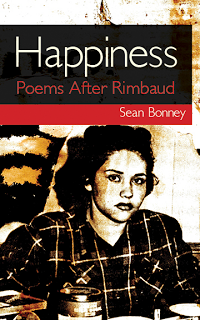
It is impossible to fully grasp Rimbaud’s work, and especially Une Saison en Enfer, if you have not studied through and understood the whole of Marx’s Capital. And this is why no English speaking poet has ever understood Rimbaud. Poetry is stupid, but then again, stupidity is not the absence of intellectual ability but rather the scar of its mutilation.Rimbaud hammered out his poetic programme in 1871, just as the Paris Commune was being blown off the map. He wanted to be there. It’s all he talked about. The “systematic derangement of the senses” is the social senses, ok, and the “I” becomes an “other” as in the transformation of the individual into the collective when it all kicks off. It’s only in the English speaking world you have to point simple shit like that out. But then again, these poems have NOTHING TO DO WITH RIMBAUD. If you think they’re translations you’re an idiot. In the enemy language it is necessary to lie.

NS-Szene NPD in der Krise NS-Szene Der klammheimliche Rassismus NS-Szene Runder Geburtstag der Bombardierung NS-Szene Rechte Sportsfreunde NS-Szene Thüringen – Viel Potential, kaum Ergebnisse NS-Szene Neonazi-„Aussteiger“ entpuppt sich als V-Mann NS-Szene Neonazi-Überfall in Thüringen NS-Szene Zufälle über Zufälle NS-Szene Mit § 129 StGB gegen Neonazistrukturen NS-Szene Strategie: Extrem rechte Bürgerinitiativen Braunzone Freiheit, die ich meine Braunzone Mit „Mut zu Deutschland“ ins Europaparlament Antifa Vienna calling International 20 Jahre organisierte Antifa in Norwegen International „Linke Positionen bei den Protesten einbringen“ International Rechts auf dem Majdan International „Antifaschismus ist immer auch Selbstverteidigung“ International Chrysi Avgi – Die Doppelzüngigkeit einer gewalttätigen Partei International Blitzkrieg für das Abendland Gesellschaft Mehr als #HH2112 Gesellschaft No Border Lasts Forever Gesellschaft Schwieriges Erinnern in Rostock Geschichte „Jetzt wird reiner Tisch gemacht“ Rezensionen Diktatorpuppe zerstört, Schaden gering Rezensionen Der Sommer ist vorbei... Rezensionen Rechtsextremismus der Mitte Rezensionen Umkämpfte Räume Repression Repression gegen Antifas Diskussion Das Problem heißt Rassismus – doch was heißt das? Diskussion „Dumme Hellersdorfer Nazi-Prolls“ Diskussion Fermati Popolo oder: „Wie gegen Rassismus kämpfen?“ Rassismus „In Europa existiert ein Netz der Völkermorddiaspora“
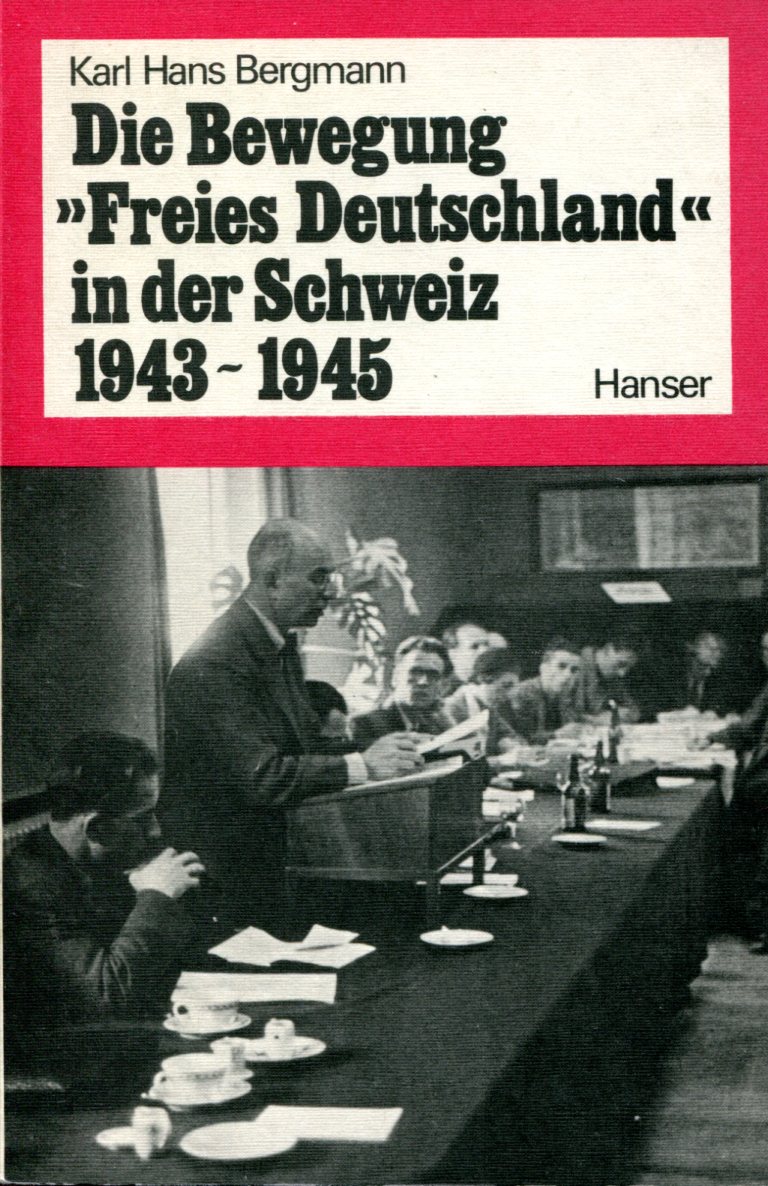
Sehr guter Zustand. Stempel und kleine Anstreichungen auf Seite 3, der Rest des Buches ist suaber.


